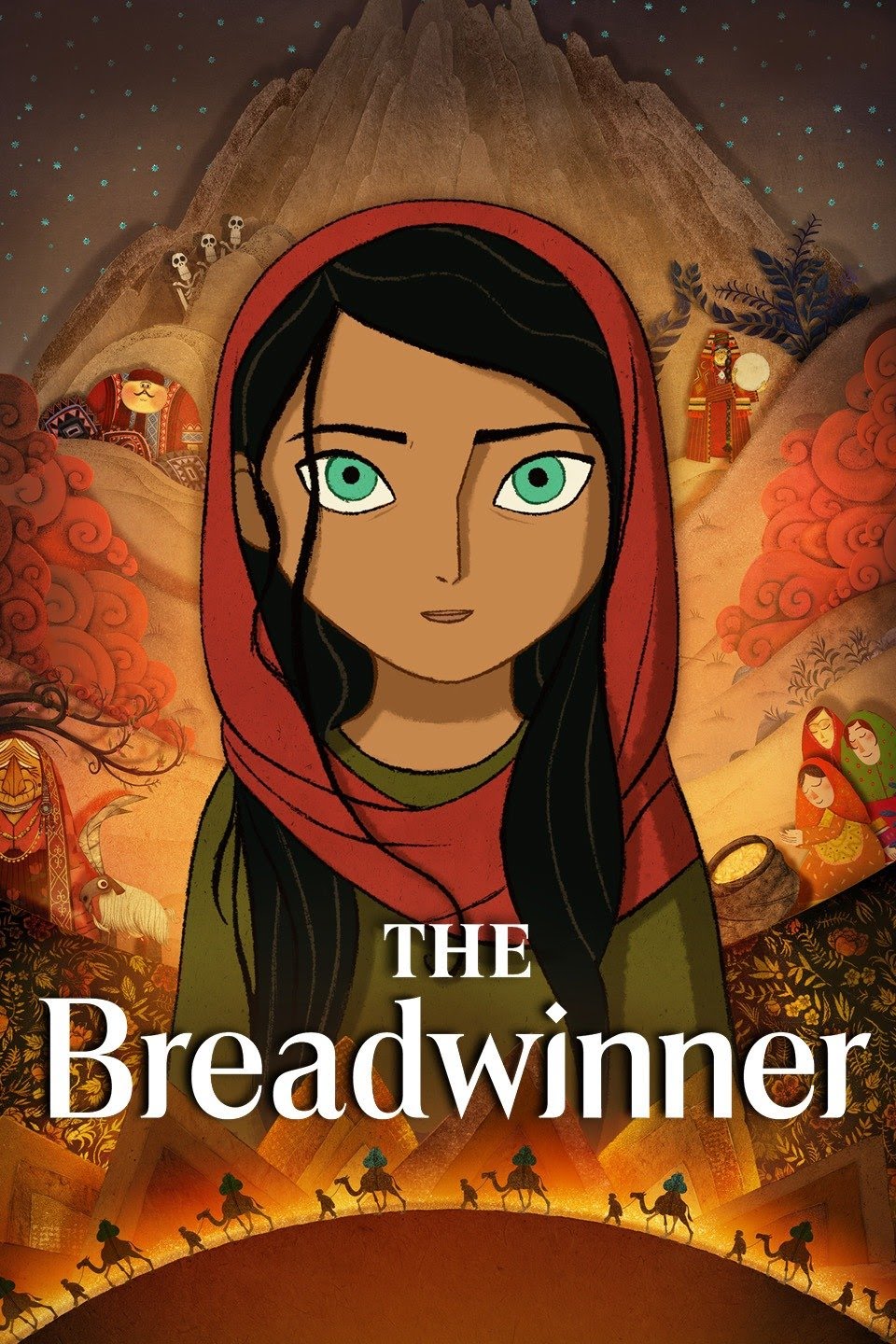
By Andrew Jenck
A quick disclaimer: this is another review that deals with real world issues. Readers may be frustrated that after a hiatus, Drew’s Reviews is talking more about politics, but due to recent events, I didn’t feel comfortable remaining silent. I am working on straightforward reviews that will start again soon. For now, let’s get serious.
Israel and Palestine are caught in a vicious cycle of violence: it always becomes the big news event, it always ends with a cease fire, and no progress is ever made. The United States, regardless of the controlling party, always takes Israel’s side, attempting to resolve the conflict as a sort of ambassador, but could this approach be a roadblock towards progress? In his article for The Atlantic, “Don’t Take the Narrow View of What’s Happening in Gaza,” Shadi Hamid acknowledges that Hamas is a terrorist organization, but there’s very little focus on violence against Muslims. Peace can’t be achieved because the Islamic aren’t viewed with the same sympathy as Israelis, giving them fewer peaceful options and being more prone to resort to violence.
Judaism is considered a minority ethnic group in the United States and is prone to xenophobia as well but is still significant in American culture. Hanukkah and Passover are understood at least superficially, most Americans are familiar with the Hebrew Scriptures through the Old Testament, the Holocaust is staple in the history curriculum, and Jews have received a fair amount of representation in the entertainment industry. Titles such as Seinfeld, The Ten Commandments, and The Diary of Anne Frank are iconic. Dozens of prominent comedians such as Adam Sandler and Larry David descend from Judaism and incorporate their background into their humor. Americans are more prone to side with the Jews more because they are more familiar with them.
Islam does not have this advantage. Yes, they have received some media representation, i.e. notable figures such as Ali and Malcom X, sitcom episodes that challenge the terrorist stereotype, and have appeared as supporting characters in some entertainment. However, most of their representation has been either villains in post 9/11 war movies or terrorists on the news, hence Americans are more prone to fear and intolerance with Islamic people. Marvel Studios’ Ms. Marvel will be the first story that many Americans see with a Muslim as the main lead. Lack of representation isn’t the sole cause prejudice against Muslims, but it does play a large role in it.
This where The Breadwinner comes in: a young girl named Kabul poses as a boy to provide for her family after her father is taken away by the Taliban. The film will not provide further information on Gaza, it takes place in a highly religious Afghanistan, but it is important to visit to develop empathy for this ethnic group. A major theme is that the people are always caught between conquerors and as a way of coping, they tell stories to provide some escapism. Entertainment has been a great tool for escapism when reality hits, especially during quarantine, so this puts the Muslims in a more relatable position.
Afghanistan is fully realized, showing how the citizens live their lives being under the Taliban, , and the grief they experience during these troubling times. The animation is a nice balance of restraint and fluidity, with expressions that really sell the emotions. Lighting gives life to the setting, giving it the Middle Eastern feel. The filmmakers did the assignment and took a lot of detail in the clothing, food, and mannerism that are displayed here. The voice talent is authentically Islam, and they provide great work there to Kabul as a naive but hopeful girl whose warmth and perseverance makes her an enduring character. Being an Islamic woman in a sternly religious place is also a major focal point with the mother and sister trying to succeed through the traditional way while Kabul seeks to make path for her own self.
It’s important to diversify the stories we listen to. Seeing differences and similarities introduces a culture and helps people better understand it. The Breadwinner succeeds greatly in this regard. It may not provide insight into Palestine, that is for further research online, but it can help create empathy with one of the most overlooked ethnic groups by Western civilization. Peace can’t be achieved through a whole region if one side is being ignored.


